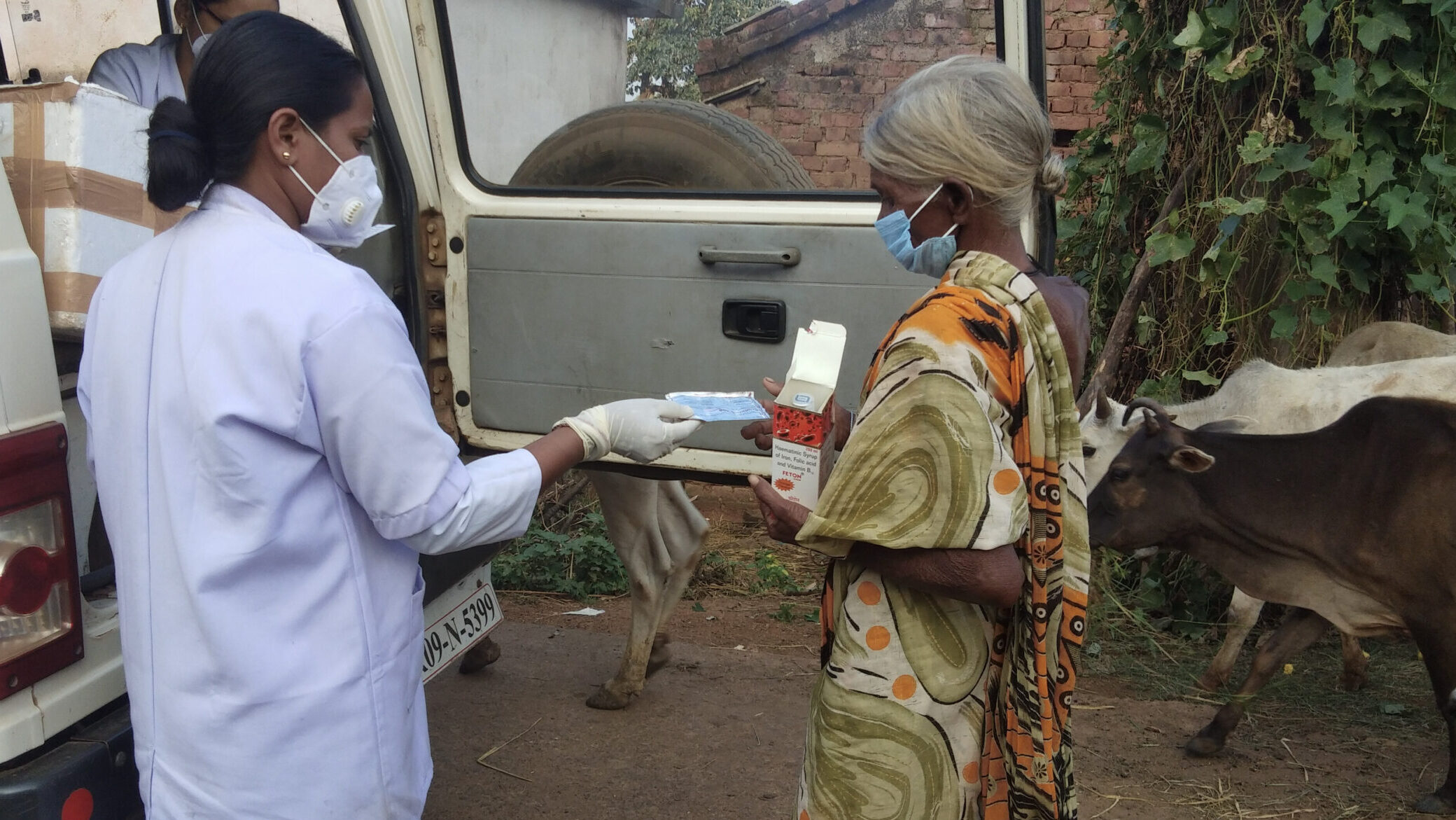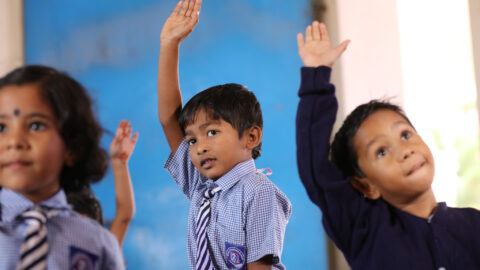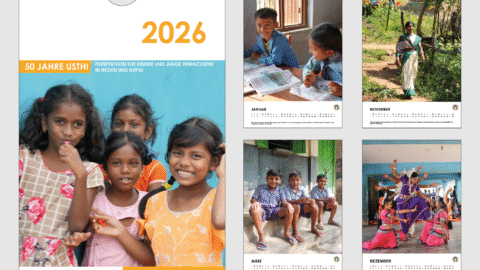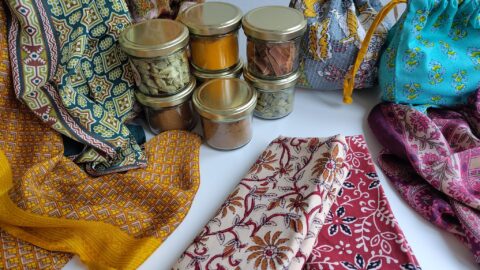The Covid situation in the state of Odisha has hardly improved. Although the number of cases is decreasing, the restrictions have not yet been lifted. The mobility of the regional residents – and thus our project activities – are still determined by the measures to contain the pandemic.
In the Somagiri region, the tribal health centre makes an important contribution to the population of the 133 surrounding villages. Since the beginning of the pandemic, it has remained open for patients and is participating in the regional vaccination campaign. The lack of vaccines continues to be a problem. The hospital’s staff have dedicated themselves to raising awareness among the region’s population on the issue of Corona. In addition, protective masks are being distributed.
Since the connections to the surrounding villages have been reduced and the population is afraid of a third wave, fewer patients than usual are currently coming to the hospital. Doctors are allowed to move between villages.
Although the health care workers are only allowed to act within their respective villages, they make a valuable contribution in identifying new cases. They refer patients to quarantine or send them to the hospital. Since gathering in groups is not allowed, no health events can currently take place.
Therefore, the health and education program cannot be realized at present either. Child care by the social workers is not allowed to take place. However, the children can always refer to the social workers in case of illness.
In general, the situation for the local communityies is very difficult. Since the indigenous population holds nearly no land of their own, they are dependent on daily wage work. However, this is currently hard to find throughout India, which leads to financial problems. For the families, who already lived below the poverty line before the pandemic, the government now promised to distribute rice rations again.



